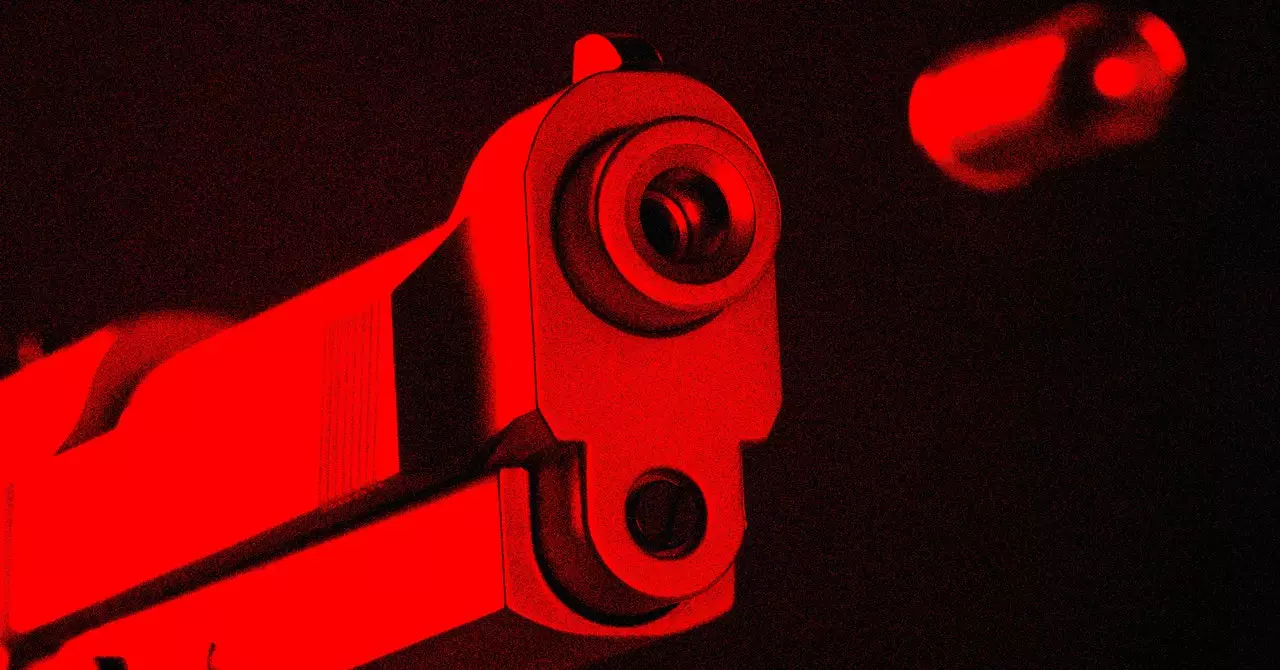Recent audits of gunshot detection systems in New York City have raised significant concerns about their effectiveness. The audit showed that only 13 percent of the alerts generated by the ShotSpotter system could be confirmed as actual gunfire. This raises questions about the accuracy of these systems and the reliance that law enforcement agencies place on them. The auditors criticized the NYPD for not sharing data on ShotSpotter’s accuracy and described the department’s accountability measures as inadequate. This lack of transparency is troubling and undermines public trust in these systems.
The cancellation of contracts with Flock Safety and SoundThinking by Champaign and Chicago further underscores the issues with gunshot detection systems. While companies like Flock Safety defend their systems’ accuracy rates, the lack of independent verification raises doubts about these claims. The fact that only a small percentage of alerts are actually confirmed as gunfire raises questions about the effectiveness of these systems in real-world scenarios.
Studies conducted by experts like Eric Piza have provided valuable insights into the effectiveness of gunshot detection systems. While these systems may lead to faster police responses to shooting incidents, there is no evidence that they actually reduce gun-related crimes. The reliance on these systems may also result in an increase in false-positive alerts, leading to wasted police resources and potentially undermining public safety. The findings of these studies challenge the narrative that gunshot detection technology is a panacea for addressing gun violence.
The recommendations made by the New York City comptroller and San Jose’s Digital Privacy Office highlight the need for greater accountability and evaluation of gunshot detection systems. Law enforcement agencies should conduct thorough performance evaluations before renewing contracts with these companies. Additionally, efforts should be made to improve the accuracy of these systems to ensure that they are not leading to false alerts and potentially endangering the public. Transparency and independent oversight are crucial in ensuring that gunshot detection systems are used responsibly and effectively.
The effectiveness of gunshot detection systems is a complex issue that requires careful evaluation and scrutiny. While these systems may have some benefits in terms of faster police response times, their overall impact on reducing gun violence remains questionable. Law enforcement agencies must be transparent about the accuracy of these systems and conduct regular evaluations to ensure that they are not compromising public safety. Only through rigorous research and accountability measures can gunshot detection systems be used effectively in the fight against gun violence.


Leave a Reply